Pakistan’s Punjab approves ban on hard-line TLP after deadly protests
Punjab information minister says Pakistan could no longer afford to let violent demonstrations continue unchecked
News Desk
The News Desk provides timely and factual coverage of national and international events, with an emphasis on accuracy and clarity.
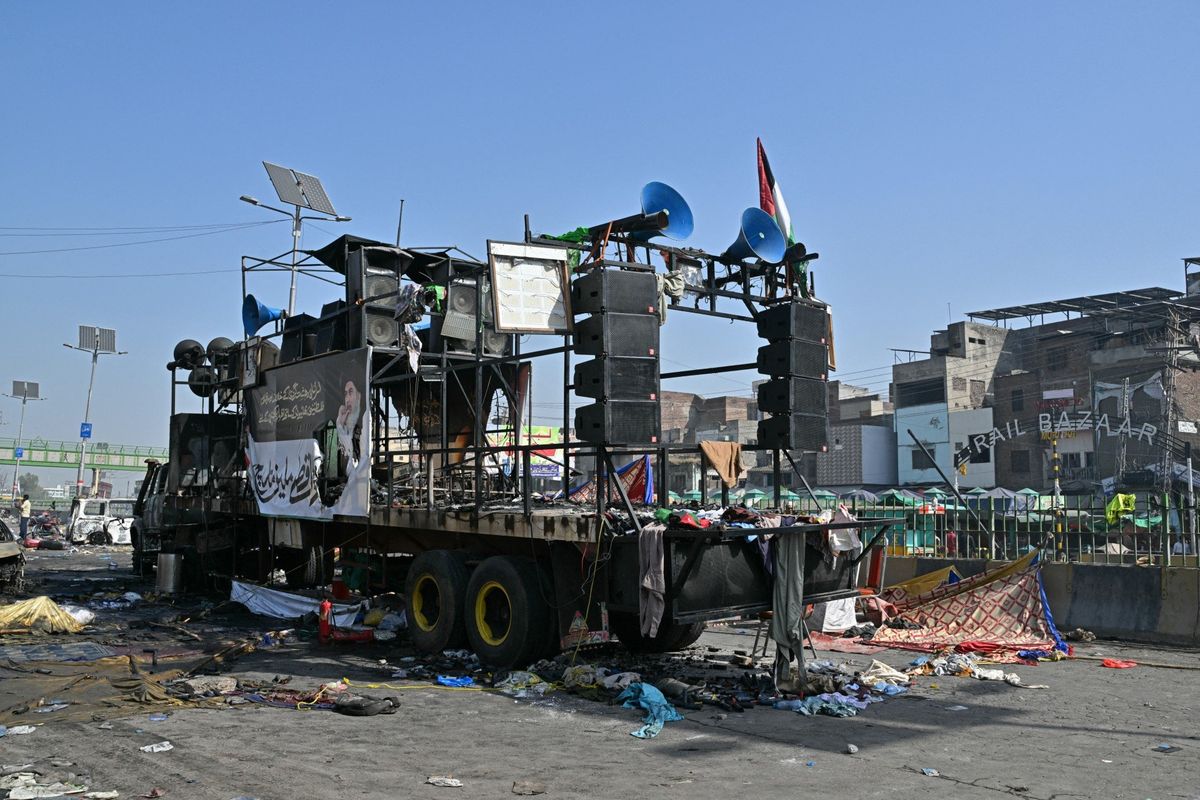
Locals look at the remains of a charred container truck following violent clashes between police personnel and anti-Israel protesters from the Tehreek-e-Labbaik Pakistan (TLP) party in Muridke on October 13, 2025.
AFP
The government of Punjab, Pakistan’s most populous province, has approved a ban on the hard-line religious group Tehreek-e-Labbaik Pakistan (TLP) and sent the summary to the federal government for final approval, Information Minister Azma Bokhari said Friday.
“The Punjab cabinet has given its approval for banning the TLP and this has been forwarded to the center. So the legal requirement with regards to the provinces has been fulfilled,” Bokhari said at a press conference in Lahore, the capital of Punjab.
Her announcement came a day after the provincial government decided to recommend outlawing the group, which led a protest march last week that turned violent.
Bokhari, without naming TLP directly, referred to a “protest called in the name of Gaza,” saying it was “illogically” held even after a cease-fire had been declared in the besieged Palestinian territory.
She said the demonstration “turned bloody as always.”
“This is not the first time that this party — or I would rather call it a group — has resorted to such acts,” she said. “Be it 2017, 2019, 2021, or 2022, there have been repeated attempts to paralyze the lives of people and shut the country down.”
She said the government could no longer allow such unrest to continue. “The only difference this time was that the state and government together decided that this cannot continue anymore. Pakistan cannot afford this anymore.”
لاہور : صوبائی وزیر اطلاعات عظمی زاہد بخاری کی نیوز کانفرنس https://t.co/mTcHQwdglL
— PMLN (@pmln_org) October 17, 2025
On Thursday, Punjab’s cabinet met in Lahore under Chief Minister Maryam Nawaz Sharif and agreed to recommend a federal ban on what officials described as an “extremist organization.”
Although the statement did not name TLP, the decision followed violent protests in Lahore that left at least five people dead.
The TLP said multiple protesters were killed in clashes with police and claimed that its leader, Saad Hussain Rizvi, was shot and injured — an assertion the government has not confirmed.
Founded in 2015, TLP has grown into one of Pakistan’s most influential hard-line religious groups. The group is known for its mass protests defending the country’s blasphemy laws, which impose the death penalty for insulting Prophet Muhammad (PBUH).
The TLP has repeatedly paralyzed major cities, including Lahore and Islamabad, through violent demonstrations demanding the expulsion of foreign diplomats or changes to national policy.
Officials said the latest decision is part of a broader effort to restore public order in Punjab, which has faced repeated disruptions linked to religious extremism.
The provincial cabinet also approved measures to combat hate speech, illegal weapons, and undocumented Afghan migrants.
Under the new directives, individuals involved in incitement, violence, or hate speech will face immediate arrest. Those accused of killing police officers or damaging public property during recent clashes will be prosecuted in anti-terrorism courts.
Authorities will also place the group’s leadership on Pakistan’s Fourth Schedule — a list under the Anti-Terrorism Act that restricts travel, finances, and public activities of individuals deemed a security threat.
All bank accounts, assets, and social media accounts linked to the group will be frozen or blocked, and its posters, banners, and advertisements removed.
The Punjab government said any properties seized from the banned organization would be handed over to the Auqaf Department, which manages religious endowments.


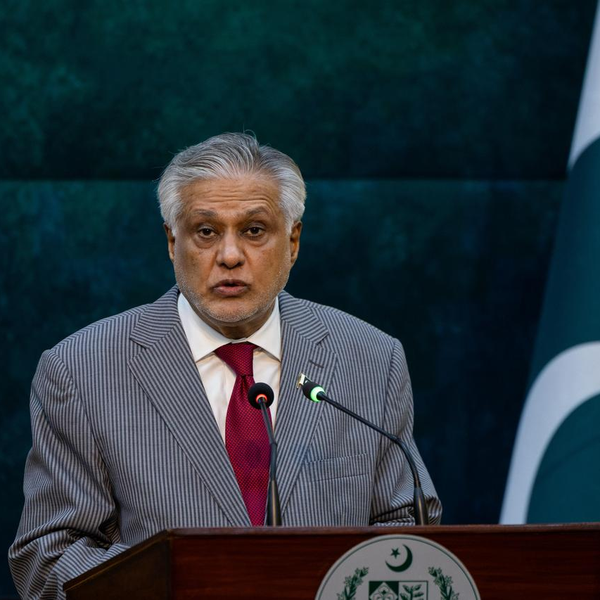
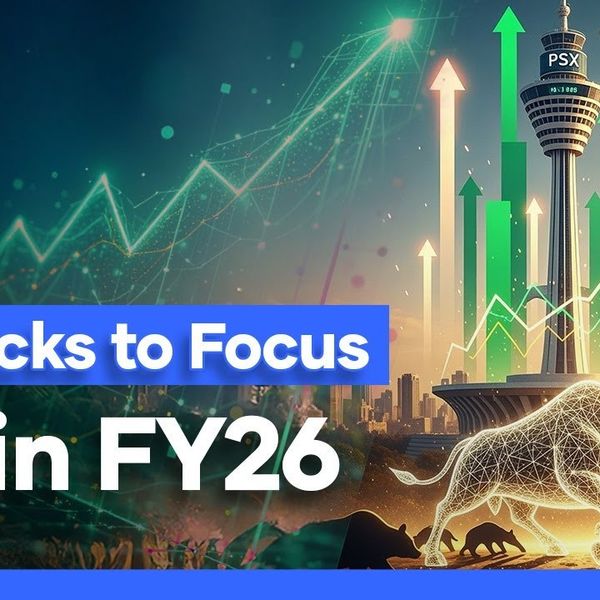
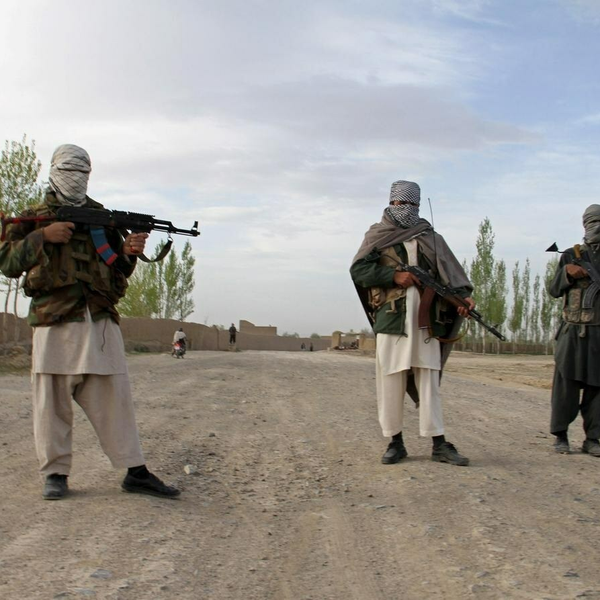
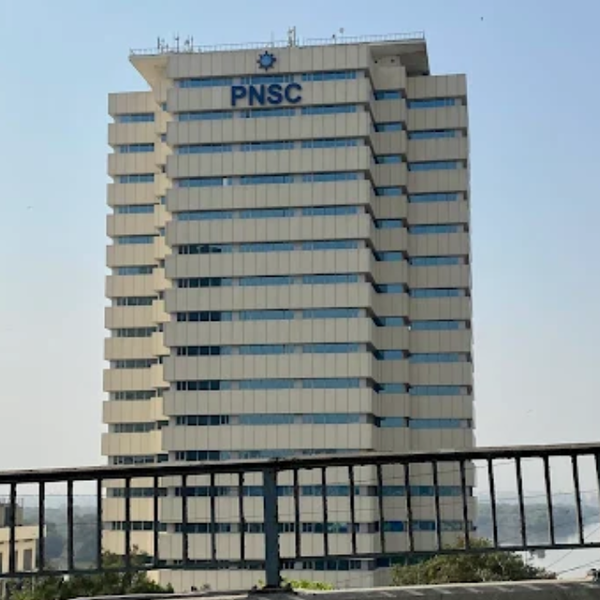

Comments
See what people are discussing